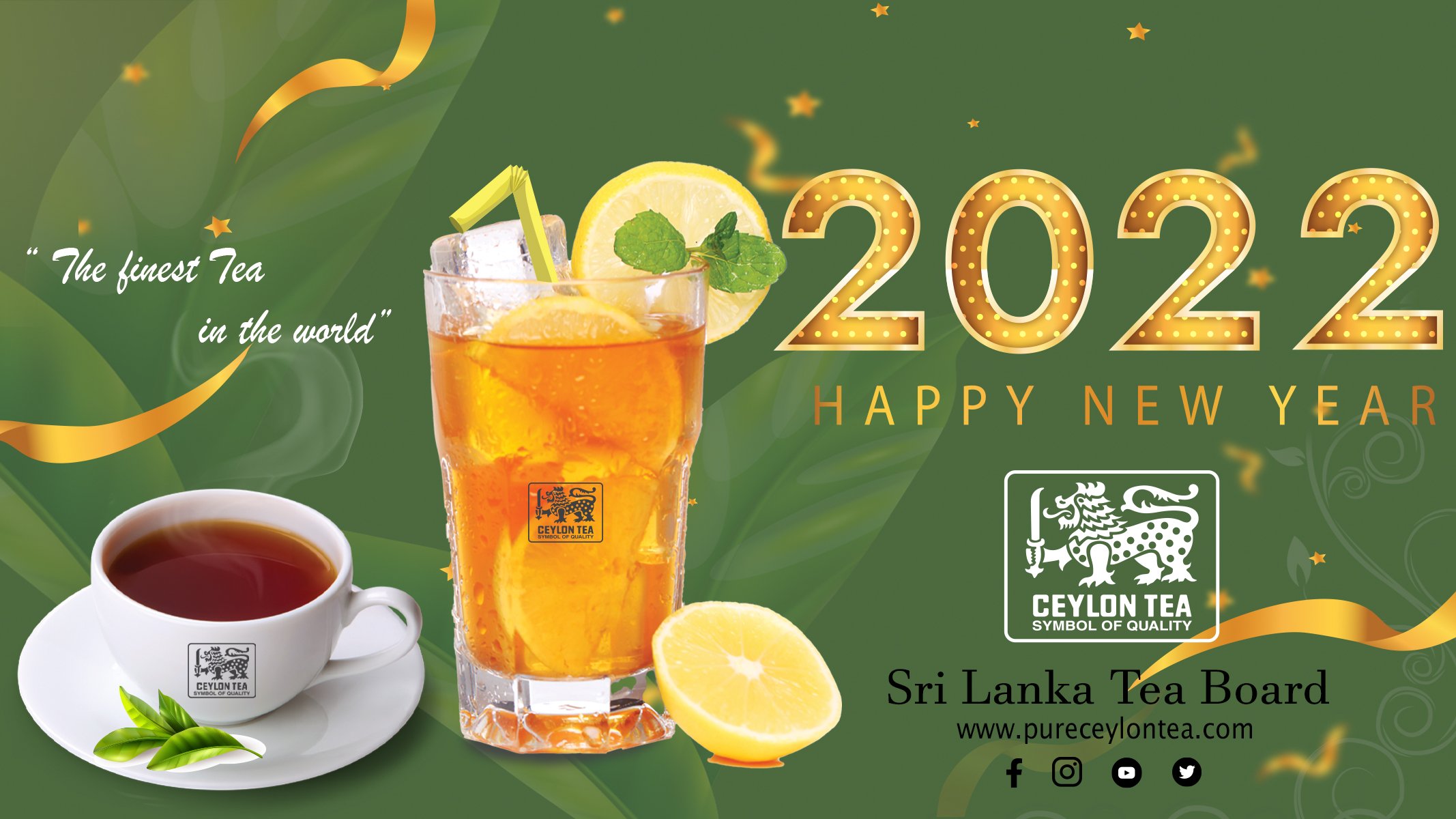KATHMANDU: Sri Lanka is known throughout the world as the “Tea Island” which could cater to the satisfaction of any tea connoisseur around the globe.
Sri Lanka is the third largest tea exporter in the world with an export share in the global tea market registered at around 15%. However, Sri Lanka is undisputedly the leading player in respect of orthodox black tea to the global community.
Black tea can be broadly categorized under orthodox and CTC types. While CTC, known in tea jargon as cut, tear and curl is a comparatively cheap mass production variety, orthodox is a highly-skilled, specialty as well as high-cost derivative.
Although Ceylon Tea accounts for 6% of the global tea production, the bottom line is not the volume but the value.

Foreign tourists who visit the tea country of Sri Lanka understand the unique difference of Ceylon Tea against competing origins. When a majority of the tea-producing countries are utilizing trendy automation for the plucking process and reducing costs, the passionate Sri Lankans still adopt hand plucking – a highly-skilled but rather laborious method.
While many types of tea can be found under the national brand “Ceylon Tea”, thanks to nature’s generosity, the conditions that breathe life into the tea remains both pristine and virgin. The tea bush thrives on sloping terrain and is grown in Sri Lanka mostly in the central highlands as well as in the southern inland foothills of the rain forest at high, medium and low elevations.
This results in a perfect cup of tea to the consumer which is of superior quality and taste. The teas produced in the “Tea Island” vary from small leaf to larger particles as well as from light, fragrant cup character to a strong, color brew.
It would not be an exaggeration to say, that most of the world-famous tea brands and blends have been enhanced by a percentage of Ceylon Tea. Sri Lanka produces tea to suit every pallet and that has remained the hallmark of the country’s tea industry.
Indeed, the topography, the soil, altitude, climatic changes, the two specific monsoons, the wind velocity are some of the characters which play an important role on the end product. Thus, tea is a product of infinite variety. Ceylon Tea continues to thrive within these parameters and is almost impossible to be substituted by other origins.
The diversity in the specialty of its orthodox tea process has been the power and strength of the tea industry in Sri Lanka. Nuwara Eliya, UdaPussellawa, Uva, Dimbula, Kandy, Ruhuna and Sabaragamuwa are the prime tea growing regions of Sri Lanka. Over the years, Sri Lanka has earned a reputation as a producer of the best tea in the world whilst Ceylon Tea is synonymous with quality and taste.
The Ceylon Tea name and 07 agro climate regional tea names have been registered as geographical indications (GI) to prevent misuse of Sri Lankan Teas by overseas packers and add value to the original product. Sri Lanka Tea Board conducts Ceylon Specialty Estate Tea of the Year Competitions as well as Charity Tea Auctions in order to popularize straight-line garden marks and to recognize quality excellence by tea factories in Sri Lanka.
The latest introduction to the promotional radar is the Tea Master Cup Competition classified under four main categories, namely tea preparation, tea tasting, tea pairing and tea mixology.

The Lion Logo trademark for Ceylon Tea captures the legacy and essence of tea grown in Sri Lanka. Inspired by its rich heritage, the symbol of the Lion Logo guarantees, that it is 100% pure Ceylon Tea and grown, plucked and packed exclusively in Sri Lanka while conforming to the highest quality standards mandated by the Sri Lanka Tea Board.
Every batch of tea that bears the Ceylon Tea Lion Logo is traceable to its origins, ensuring absolute accountability and transparency with every sip. The tea packets and tea bags bearing the Lion Logo quality mark of Sri Lanka must be mandatorily packed within the country. Overseas packers cannot use the Lion Logo trademark even if the contents are 100% pure Ceylon Tea.
Due to the popularity of Ceylon Tea all over the world, the fraudulent and illegal use of the Lion Logo trademark and the Ceylon Tea name by unscrupulous packers overseas is an ongoing challenge for the Sri Lanka Tea Board (SLTB) as well as the industry brand owners.
Today, the world has reached a crucial milestone where every nation is searching for human immunity-boosting methods to counter the Corona Virus infection. In that context, drinking warm beverages and inhaling hot vapor is generally believed to be helpful.
The Tea Research Institute of Sri Lanka (TRI) in collaboration with the analytical laboratory of SLTB has conducted a literature survey and further studies on ”Theaflavins in Black Tea” and concluded that black tea may be helpful in controlling and flushing out the viruses. The TRI has released a scientific publication under the topic “Antiviral properties of Tea” where it has been noted that drinking Black Tea helps to improve immunity.
The Sri Lankan tea industry has recorded an excellent performance during the year 2021, despite many challenges faced by the stakeholders. The total export revenue from tea for the period of January to December 2021 is US$ 1.32 billion. The total export quantity is 288 million kilos.









Comment